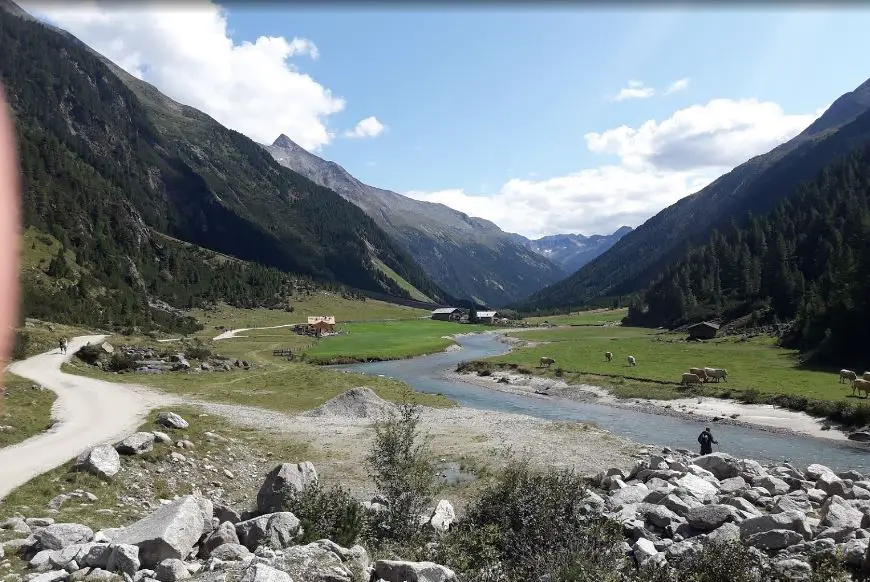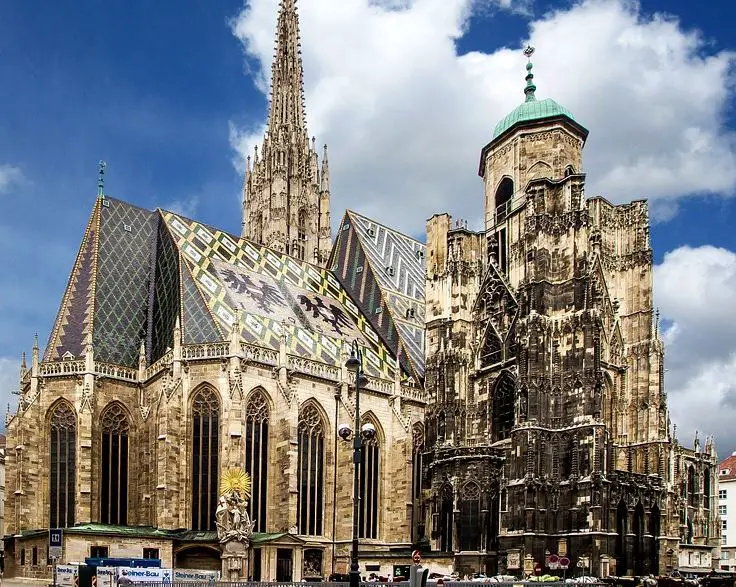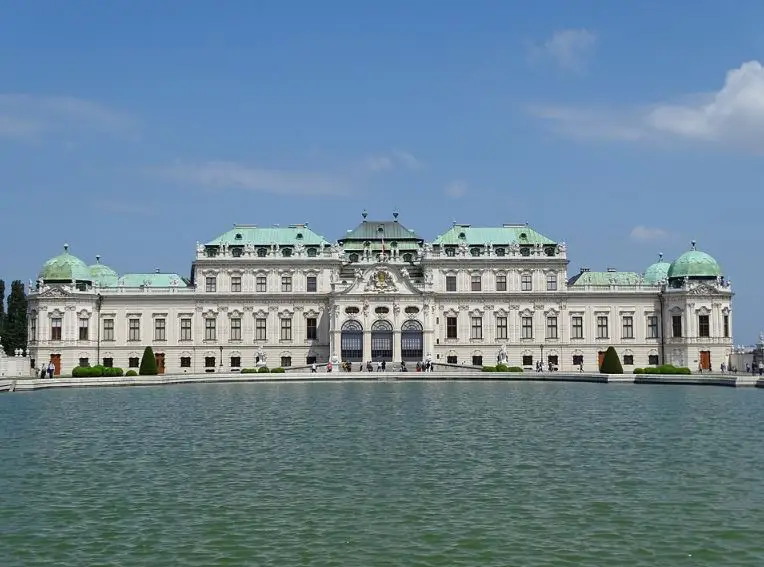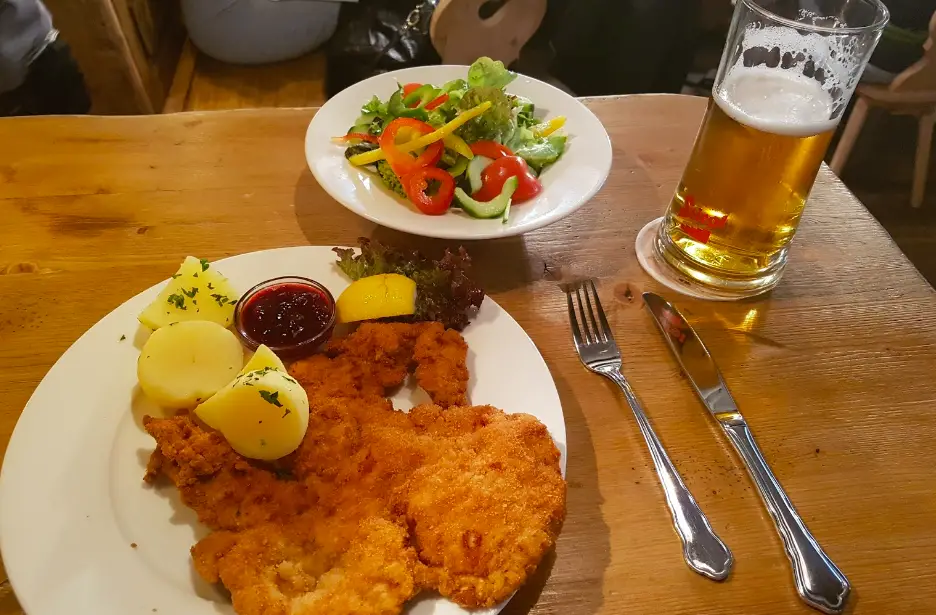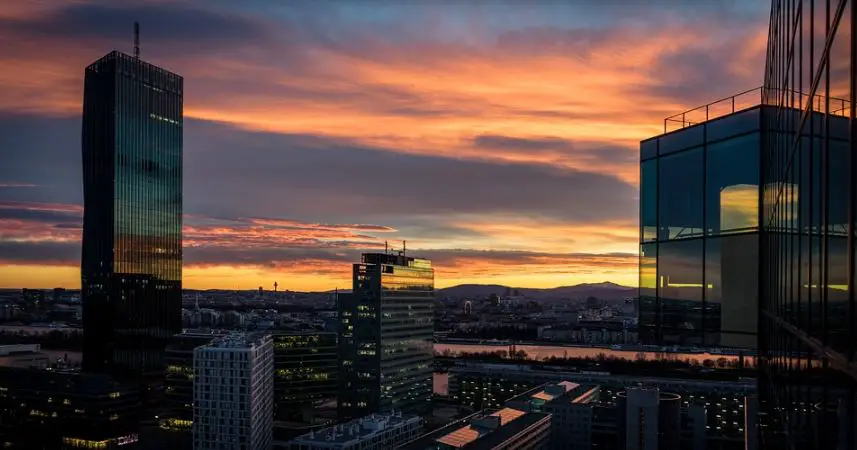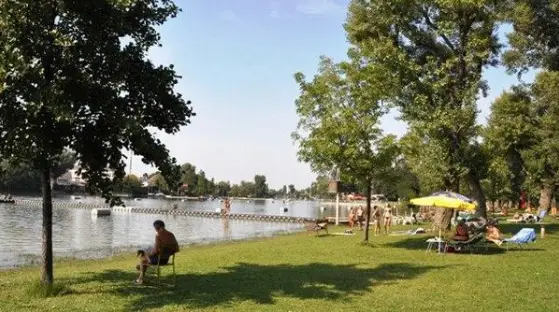How can I learn about the history of German literary movements?
Post ByAdequate Travel
Summary
Learning about German literary movements can be a great way to gain a better understanding of the rich cultural history of Germany. Throughout the centuries, German literature has been profoundly influential in setting the standard for defining various literary styles. From Romanticism to the Enlightenment period, this article offers a comprehensive overview of the major German literary movements and their key figures.1. Start with Historical Background
Before delving into specific literary movements, it's important to familiarize yourself with the historical context of Germany. Study major periods such as the Medieval era, Reformation, Enlightenment, Industrial Revolution, and World Wars, as they significantly influenced German literature.
2. Research Influential Literary Figures
Study renowned German authors who played a pivotal role in shaping literary movements. For example:
- Goethe (1749-1832): A key figure in the Sturm und Drang (Storm and Stress) movement, known for his famous work "Faust."
- Kafka (1883-1924): Associated with Expressionism and existentialism, renowned for works like "The Metamorphosis" and "The Trial."
- Brecht (1898-1956): Known for his contributions to the literary movement of Epic Theater, with works like "The Threepenny Opera" and "Mother Courage and Her Children."
3. Explore Different Literary Movements
Understanding the characteristics and major themes of various literary movements in Germany can provide valuable insights. Some prominent movements include:
3.1 Romanticism (1795-1848)
The Romantic movement emphasized individual emotions, nature, and imagination. It rejected rationality and held a fascination for supernatural elements. Early Romantic authors include Novalis and Friedrich Schlegel, while later figures like E.T.A. Hoffmann and Heinrich Heine expanded upon the movement.
3.2 Naturalism (1880s-1900s)
Encouraged by scientific progress, naturalism focused on depicting reality in a harsh and unfiltered manner. Prominent naturalist authors include Gerhart Hauptmann and Arno Holz.
3.3 Expressionism (1905-1925)
Expressionism sought to convey emotions and subjective experiences through distorted and exaggerated forms. It often portrayed the alienation and anxieties of the modern world. Examples of expressionist authors are Georg Trakl and Gottfried Benn.
3.4 New Objectivity (1920s-1930s)
New Objectivity aimed to depict the realities of post-World War I Germany through a detached, objective lens. Prominent authors include Bertolt Brecht and Alfred Döblin.
3.5 Post-WWII Literature (1945-present)
This period includes various movements such as Gruppe 47, which sought to rebuild German literature after World War II. Explore authors like Heinrich Böll, Günter Grass, and Uwe Johnson.
4. Study Literary Criticism and Analysis
Read critical texts that analyze German literary movements and their impact on society. This can help you gain a deeper understanding of the historical and social context surrounding these movements.
5. Participate in Literary Studies Courses or Workshops
Consider enrolling in university courses, attending workshops, or joining literary discussion groups focused on German literature. Learning from professors, scholars, and fellow enthusiasts can enhance your knowledge and provide different perspectives.
6. Read German Literary Works in their Original Language (If Possible)
Reading German literature in its original language can provide a more authentic experience, allowing you to appreciate the linguistic nuances and cultural subtleties specific to each literary movement.
7. Visit Libraries, Museums, and Cultural Institutions
Immerse yourself in the German literary scene by visiting libraries, museums, and cultural institutions that showcase important literary works and historical artifacts. Interact with collections, exhibitions, and experts to deepen your understanding.
Remember, this is just an overview, and German literary movements are vast and diverse. Continuously expand your knowledge through reading, research, and engagement with the literary community.Suggested Questions
- Beelitz-Heilstätten, Beelitz: Horror Story, History & Paranomial Activities
- Erlebnisbergwerk Velsen, Sondershausen: Horror Story, History & Paranomial Activities
- Bergkirchweih, Erlangen: Horror Story, History & Paranomial Activities
- Burg Hohenwerfen, Werfen (near the German-Austrian border): Horror Story, History & Paranomial Activities
- Heppenheim Castle, Heppenheim: Horror Story, History & Paranomial Activities
- Ruine Falkenstein, Königswinter: Horror Story, History & Paranomial Activities


